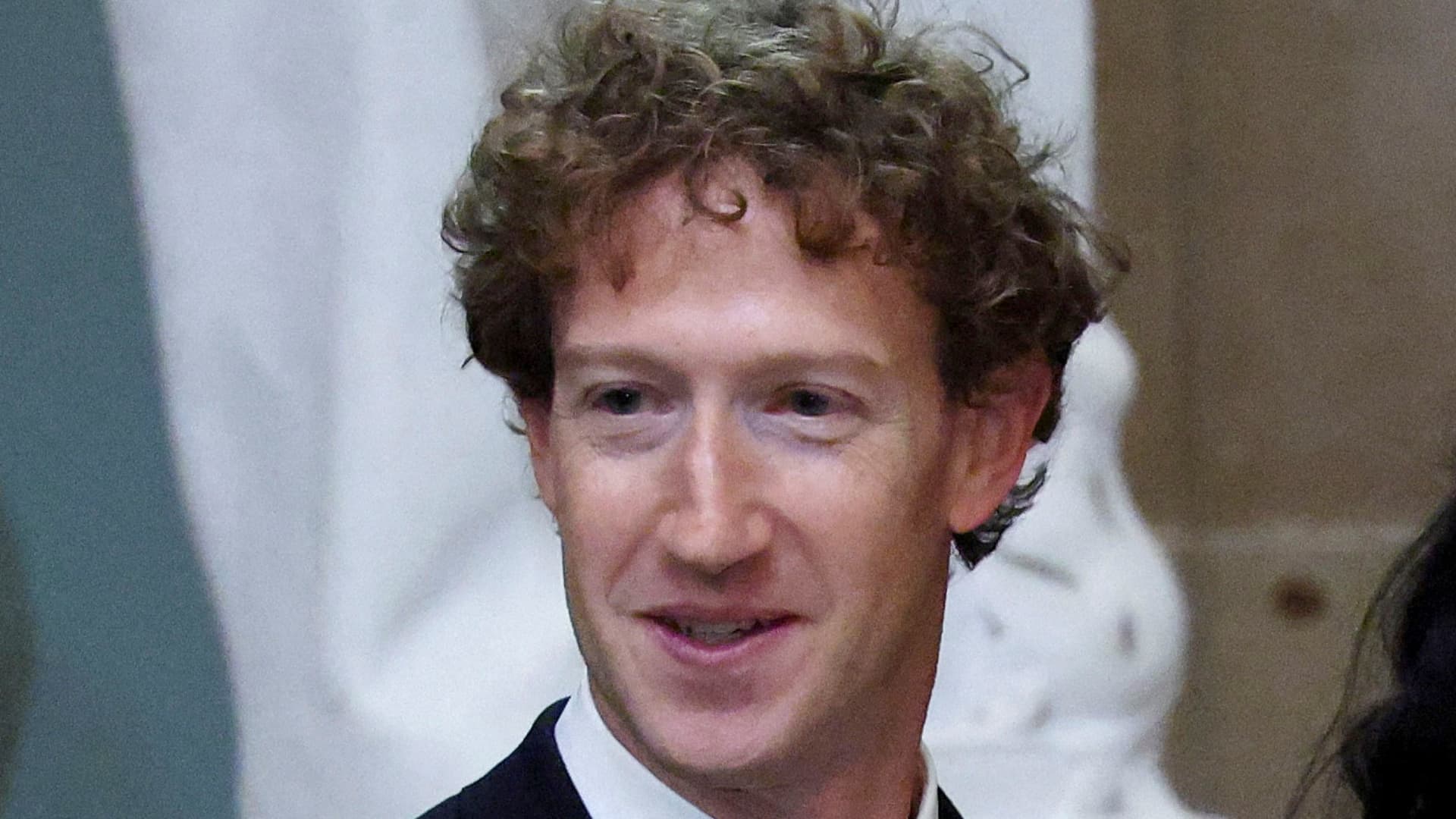Now Reading: Meta’s AI spending comes into focus amid Trump’s tariff policies
-
01
Meta’s AI spending comes into focus amid Trump’s tariff policies
Meta’s AI spending comes into focus amid Trump’s tariff policies

Mark Zuckerberg, the CEO of Meta, is focusing on establishing the company as a leader in artificial intelligence. Investors are eager to learn how President Donald Trump’s trade policies, which heavily involve tariffs, will affect this strategy. Meta’s approach to AI will take the spotlight as the company hosts its first Llama-branded conference for AI developers on Tuesday, followed by the release of its latest quarterly earnings the next day.
Tech companies are already discussing the potential impacts they anticipate due to the Trump tariffs. For instance, during Intel’s first-quarter earnings call, Chief Financial Officer David Zincer expressed concerns that these trade policies could lead to an economic slowdown and possibly a recession. Similarly, Google’s CFO Anat Ashkenazi mentioned that while the company remains committed to its capital expenditures, there might be fluctuations in spending due to delivery and construction schedules.
Analysts expect Meta to uphold its plan to invest up to $65 billion in AI infrastructure this year, as AI is a key focus for the company. The upcoming LlamaCon event at Meta’s headquarters will be closely watched by investors for any indications of the immediate business impact of their AI investments.
Meta recently introduced its new Llama 4 models, aimed at enhancing AI agents that can assist users with tasks through web browsers and online interfaces. The company’s goal is to further develop Llama to create a substantial business centered around AI agents that companies can utilize to engage with their customers through platforms like Facebook and WhatsApp.
Chris Cox, Meta’s Chief Product Officer, emphasized the significance of Meta’s early lead in the AI market and the potential to leverage its vast user base across different platforms. Analysts suggest that while Meta’s investment in Llama is currently essential, the company should continuously evaluate its competitiveness and revenue generation in the long run.
Zuckerberg envisions Meta AI as a personalized digital assistant reaching over 1 billion users, positioning it as a key component of the company’s AI strategy. Plans for a stand-alone Meta AI app and a paid subscription service are in the pipeline, aiming to expand Meta’s reach and distinguish it from competitors like ChatGPT.
Analysts are monitoring how users will engage with Meta AI within the company’s apps and the potential benefits of a separate Meta AI app to promote the digital assistant effectively. Establishing a distinct identity for Meta AI could help the company compete with well-known brands like ChatGPT, ensuring its success in the evolving AI market.






